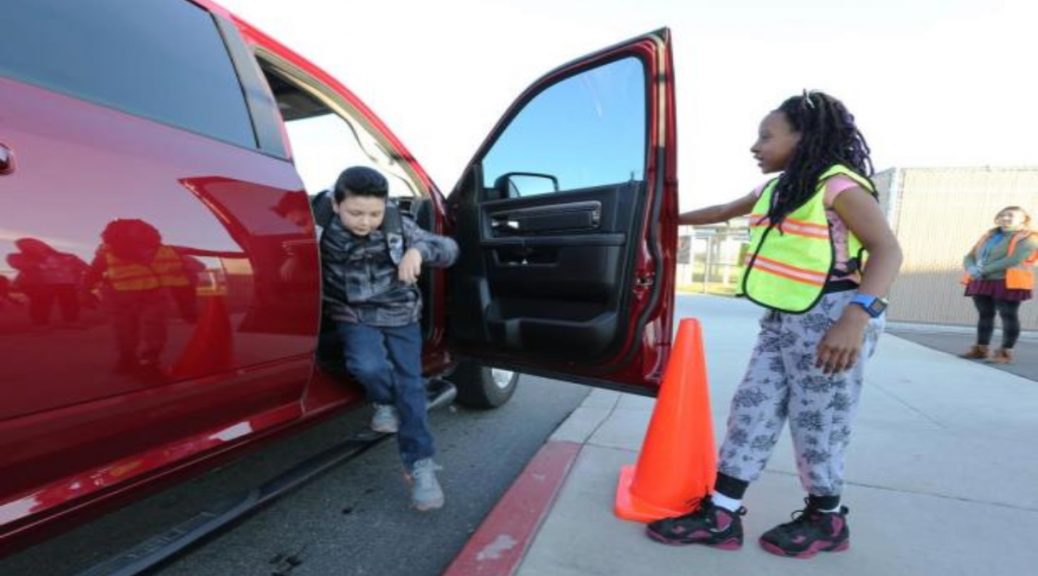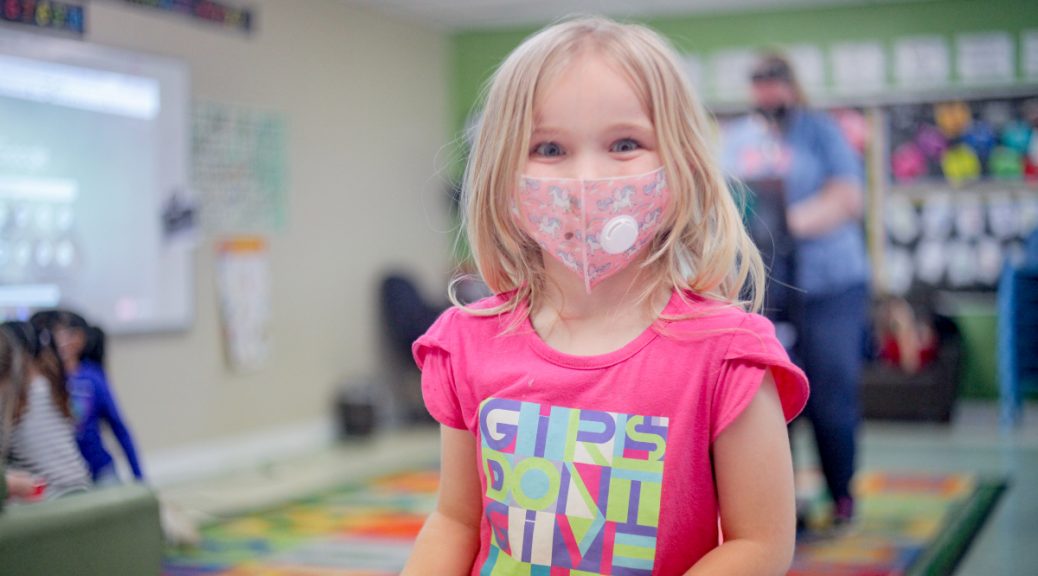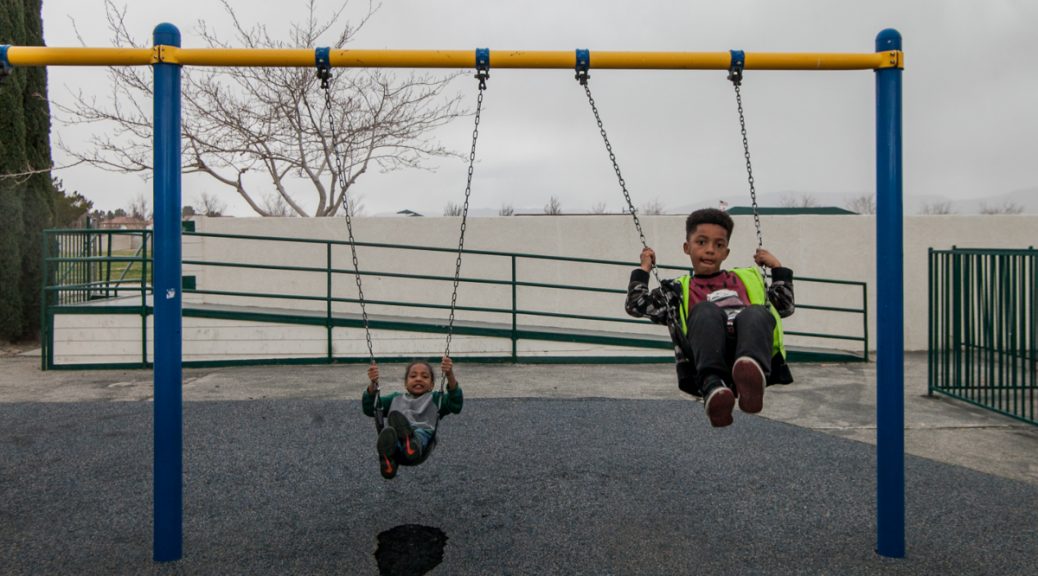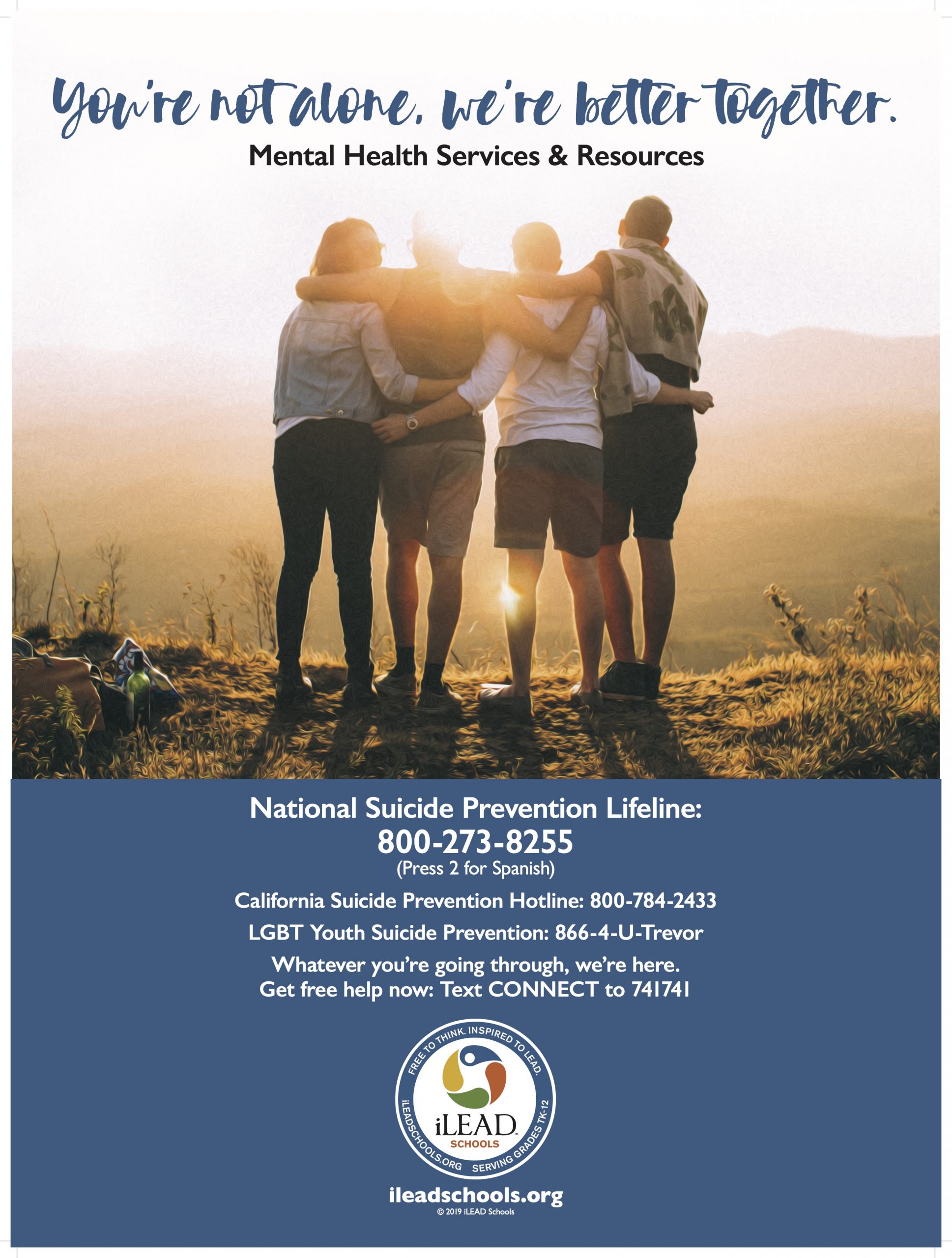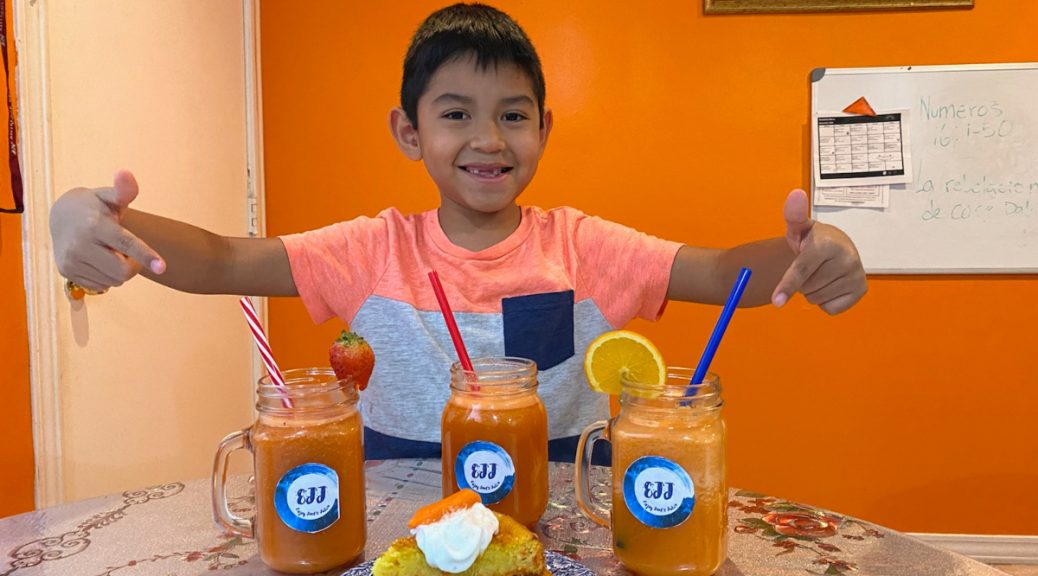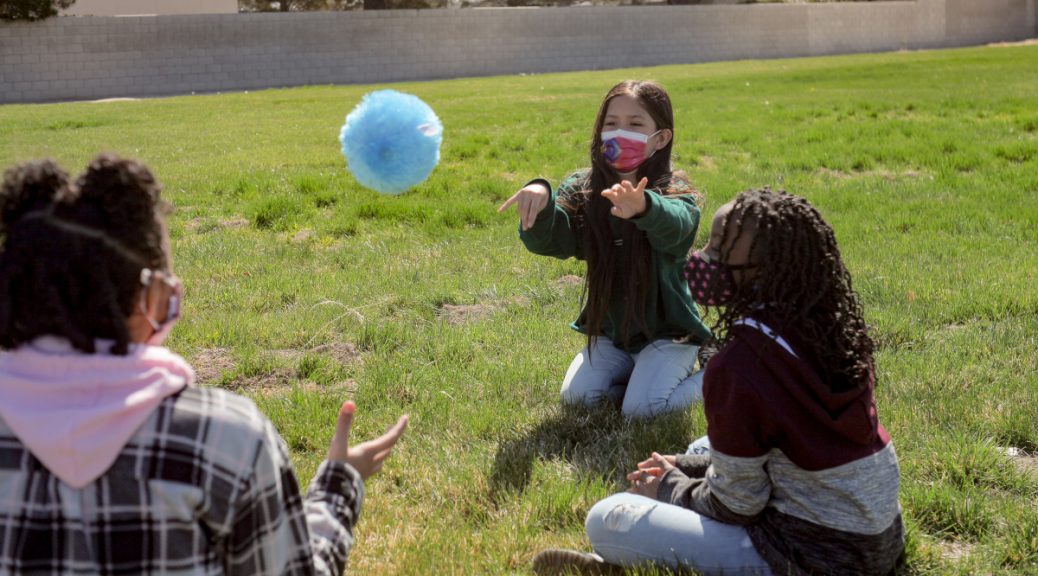 We are thrilled to announce that we will be serving breakfast this year AND through the Summer Seamless Program, we will serve both breakfast and lunch for FREE to every iLEAD AV learner throughout the 2021-22 school year!
We are thrilled to announce that we will be serving breakfast this year AND through the Summer Seamless Program, we will serve both breakfast and lunch for FREE to every iLEAD AV learner throughout the 2021-22 school year!
We also want to remind you to fill out the Multipurpose Income Form. Please read below to understand why we ask each family to do so.
Reminders: Multipurpose Family Income Form
The start of school means getting to know new friends, facilitators, and routines, adjusting to a new way of learning, and, of course, filling out lots of paperwork!
One form that is especially important for schools to receive from families is called the Multipurpose Family Income Form. This form needs to be filled out for every learner and submitted each year by October 1. It can be submitted in a variety of ways. You can fill it out via a fillable PDF (attached) and email it to betty.lara@ileadav.org, fill out a paper form (attached in English and Spanish) and drop it off at the front office by appointment only, or — in our newest, completely digital way — you can complete it via the My MealTime online platform. This option ensures the confidentiality of your form and can be done from home. Please email all forms (by October 1) and any questions to betty.lara@ileadav.org.
Some people have heard that it is only necessary to fill out this form if you want your child to qualify for free or reduced-price school breakfast and/or lunch. The truth is that it is important for EVERY family to fill out this form because doing so helps bring much-needed additional money and services directly to our school!
Our school receives funding from the state and federal governments to support the needs of low-income learners. For every learner who qualifies for free or reduced-price breakfast/lunch, our school receives thousands of additional dollars in funding. Studies show that many eligible students, in particular middle school and high school students, do not complete this form each year, leaving hundreds of thousands of dollars in funding for our school on the table. Even a small increase in eligible forms collected results in significantly more money to support our learners and school.
What is the Multipurpose Family Income Form?
This form collects basic information about your learner so our school can determine their eligibility for free or reduced-price breakfast/lunch, and also so that our school can qualify to receive extra money and programs. You may have heard this form referred to in the past as the School Meal Application Form or School Lunch Form. The name has changed because it is really about more than school breakfast/lunch.
What if my child doesn’t want to eat school breakfast/lunch? Why should I fill out the form?
Even if your child chooses to bring their own breakfast/lunch or snack or if they eat lunch at home, filling out the form is very important! It ensures that our school gets all the funding and benefits available to support facilitators and learners.
How does filling out the Multipurpose Family Income Form help our school?
Schools get more money in their budgets to support learners. Our school qualifies to receive more money per learner from the state and federal government, which they can pass on to our school.
Help! The form is confusing!
Income information: Some parents have asked whether they need to provide this information if they know they are not eligible for free or reduced-price meals. The form does require that families enter income. This information is not shared and is required for those seeking free or reduced-price meal eligibility. However, a family that does not wish to be considered for eligibility may fill out a form, complete learner information in step 1, write “do not qualify” in the first box in step 3, and then complete the name, signature, and date lines in step 4.
Last 4 digits of Social Security Number: If you don’t have a Social Security Number or don’t want to submit the last 4 digits of your social, you can check the box that says “don’t have one” and still be eligible for free or reduced-price breakfast/lunch.
Is the Information I submit confidential?
The information you submit on the Multipurpose Family Income Form cannot be shared by our school.
Personal information submitted on the form is not shared with the state or federal government; only the number of learners who qualify for free or reduced breakfast/lunch is shared.
Facilitators are not told which learners qualify for free or reduced breakfast/lunch benefits.
Our school does not share information with other organizations that provide benefits. But if your child does qualify for free or reduced-price breakfast/lunch, you may use the eligibility form provided by our school to qualify for other benefits through providers.
If your child qualifies and chooses to eat breakfast/lunch at school, the process is the same as it is for a learner who is paying full price.
How do I access the payment/application system?
Our school allows families to deposit funds and fill out applications online via My MealTime. If you don’t already have an account, please visit https://ileadav.org/school-lunch-program for directions, or see attached for instructions to set up your My MealTime account today.
What if I still have questions?
If you run into any problems, you can always contact the staff at our school for individual assistance. You can reach them by calling (661) 494-7442 or emailing betty.lara@ileadav.org.
We thank you for your continued support of iLEAD Antelope Valley!
Please Read:
Letter to Households – English
Letter to Households – Spanish
Printable Free and Reduced-Price Meal Application – English
Printable Free and Reduced-Price Meal Application – Spanish
Fillable Free and Reduced-Price Meal Application – English
My MealTime Online Application Instructions
In accordance with Federal civil rights law and U.S. Department of Agriculture (USDA) civil rights regulations and policies, the USDA, its Agencies, offices, and employees, and institutions participating in or administering USDA programs are prohibited from discriminating based on race, color, national origin, sex, disability, age, or reprisal or retaliation for prior civil rights activity in any program or activity conducted or funded by USDA.
Persons with disabilities who require alternative means of communication for program information (e.g., Braille, large print, audiotape, American Sign Language, etc.), should contact the Agency (State or local) where they applied for benefits. Individuals who are deaf, hard of hearing or have speech disabilities may contact USDA through the Federal Relay Service at (800) 877-8339. Additionally, program information may be made available in languages other than English.
To file a program complaint of discrimination, complete the USDA Program Discrimination Complaint Form, (AD-3027) found online at: How to File a Complaint, and at any USDA office, or write a letter addressed to USDA and provide in the letter all of the information requested in the form. To request a copy of the complaint form, call (866) 632-9992. Submit your completed form or letter to USDA by:
- mail: U.S. Department of Agriculture
Office of the Assistant Secretary for Civil Rights
1400 Independence Avenue, SW
Washington, D.C. 20250-9410;
- fax: (202) 690-7442; or
- email: program.intake@usda.gov.
This institution is an equal opportunity provider.


